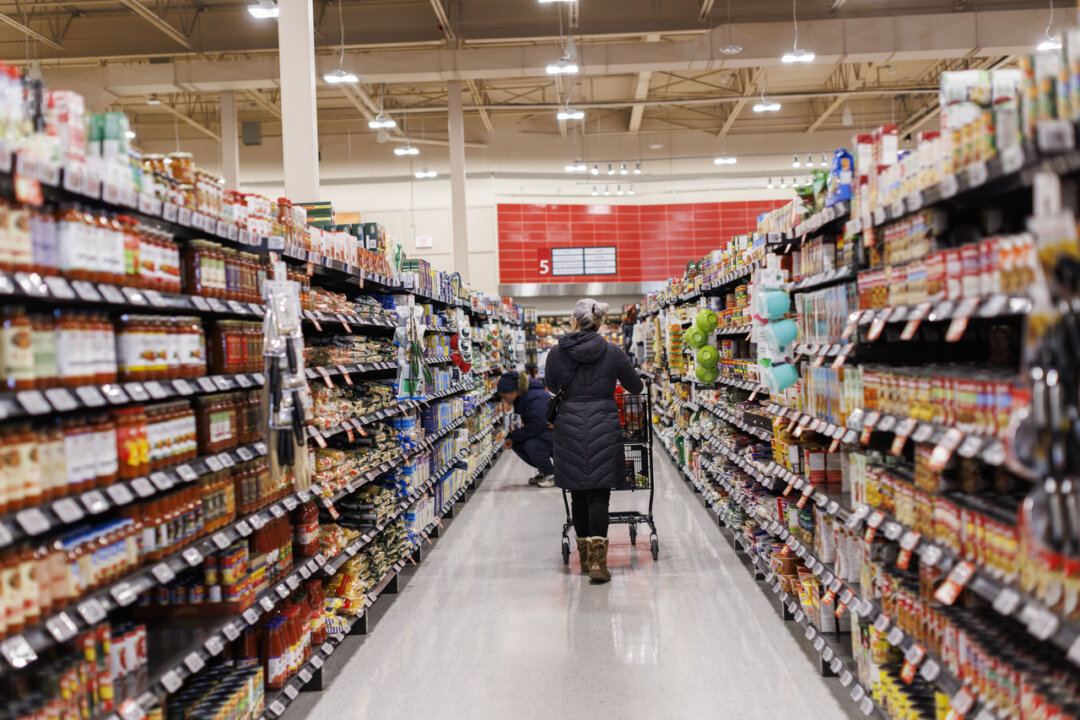
Canada’s consumer price index (CPI) rose just 2 percent from August 2023 to August 2024, the slowest increase in overall prices Canadians have seen in over three years, says Statistics Canada. Canadians are still facing high mortgage interest costs and rental prices, which keep the CPI high, the release said. On a month-to-month basis, the CPI dropped by 0.
2 percent in August after a 0.4 percent increase in July. Consumers saw lower prices for items such as airfare, clothing, footwear, and travel tours, StatCan said.

Mortgage Interest Rates Groceries Products that saw the biggest increase were dairy items (up 3.3 percent) and fresh fruit (1.5 percent).
Other Increases Rental housing, 7.37 percent Property taxes, 2.43 percent Home and mortgage insurance, 1.
5 percent Food at restaurants, 5.97 percent Alcohol, 2.69 percent Tuition fees, 1.
54 percent Health care goods, 1.44 percent Passenger vehicles, 5.32 percent Public transportation, 1.
62 percent Vehicle insurance, 2.38 percent Cellular services, 1.22 percent Internet access, 0.
91 percent Child care, 0.75 percent Pet food and supplies, 0.53 percent Gasoline In August 2023, gas prices had increased by 4.
6 percent on a month-over-month basis, while in August 2024, they'd fallen by 2.6 percent. It was the third drop in four months, StatCan said.
Electricity Household furnishings, -0.8 percent Recreation, education and reading products, -0.2 percent.










